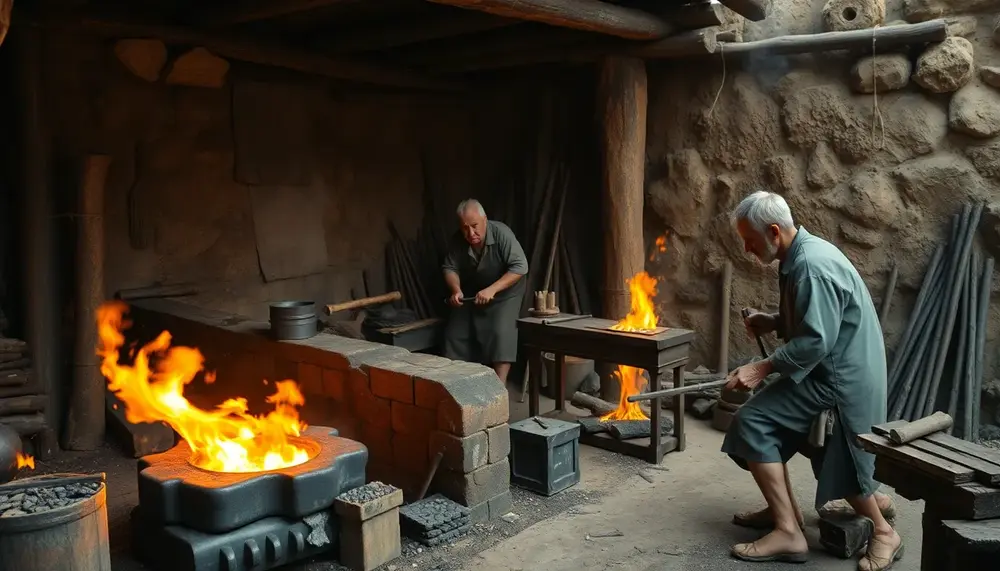Tool steel
Tool steel
Vorstellung: Was ist Tool Steel?
'Tool Steel' ist eine spezielle Kategorie von Stahlsorten, die hauptsächlich aufgrund ihrer Härte, Verschleißfestigkeit und Beständigkeit gegen Verformung bei Hitze und Druck geschätzt werden. Dieser Stahl wird bei der Herstellung von Werkzeugen und Maschinenbauteilen eingesetzt, unter anderem in Schneid-, Bohr-, Fräs-, und Handwerkzeugen.
Die Produktion von Tool Steel
Die Herstellung von 'Tool Steel' beginnt mit der Auswahl der richtigen Rohstoffe. Diese können je nach beabsichtigter Härte und Haltbarkeit des Endprodukts variieren. Am häufigsten werden hohe Mengen an Kohlenstoff sowie zusätzliche Legierungselemente wie Wolfram, Molybdän und Vanadium verwendet. Der Prozess umfasst mehrere Stufen der Erhitzung und Abkühlung, um eine harte und verschleißfeste Struktur zu erzeugen. Ein besonderer Aspekt der Tool-Steel-Produktion ist der Härtungsprozess, bei dem der Stahl auf eine sehr hohe Temperatur erhitzt und dann schnell abgekühlt wird.
Tool Steel im Handel
Im 'Steel trade', wird 'Tool Steel' oft nach seinen spezifischen Eigenschaften und Anwendungen verkauft. Käufer suchen in der Regel Stahl, der sowohl eine hohe Festigkeit als auch eine hohe Verschleißfestigkeit aufweist. Im Handel ist es auch üblich, Tool Steel in Formen zu kaufen, die den Anforderungen des jeweiligen Projekts oder der jeweiligen Anwendung nahe kommen. Daher wird Tool Steel häufig in flachen Stangen, Rundstangen, Platten und sogar in bestimmten vorgeformten Profilen verkauft.
Vorteile und Anwendungen von Tool Steel
Ein Hauptvorteil von 'Tool Steel' liegt in seiner außergewöhnlichen Haltbarkeit. Dieser Stahltyp widersteht sowohl Verschleiß als auch hohen Temperaturen und ist somit ideal für den Einsatz in anspruchsvollen industriellen Umgebungen. Beispielhafte Anwendungen umfassen Schneid- und Stanzwerkzeuge, Formen für die Kunststoffverarbeitung und Teile von Maschinen, die hohen Belastungen ausgesetzt sind. Diese sind nur ein Paar der Anwendungsmöglichkeiten, die die unglaubliche Vielseitigkeit von Tool Steel demonstrieren.
Zusammenfassung
Im Zusammenhang mit der 'Steel production' und dem 'Steel trade' ist 'Tool Steel' ein wertvoller Werkstoff, der sowohl Vielseitigkeit als auch Leistungsstärke bietet. Obwohl die Herstellung von Tool Steel komplex ist, ist das Endprodukt ein äußerst widerstandsfähiger und haltbarer Stahl, der in einer Vielzahl von industriellen Anwendungen verwendet wird.
Blog Posts with the term: Tool steel
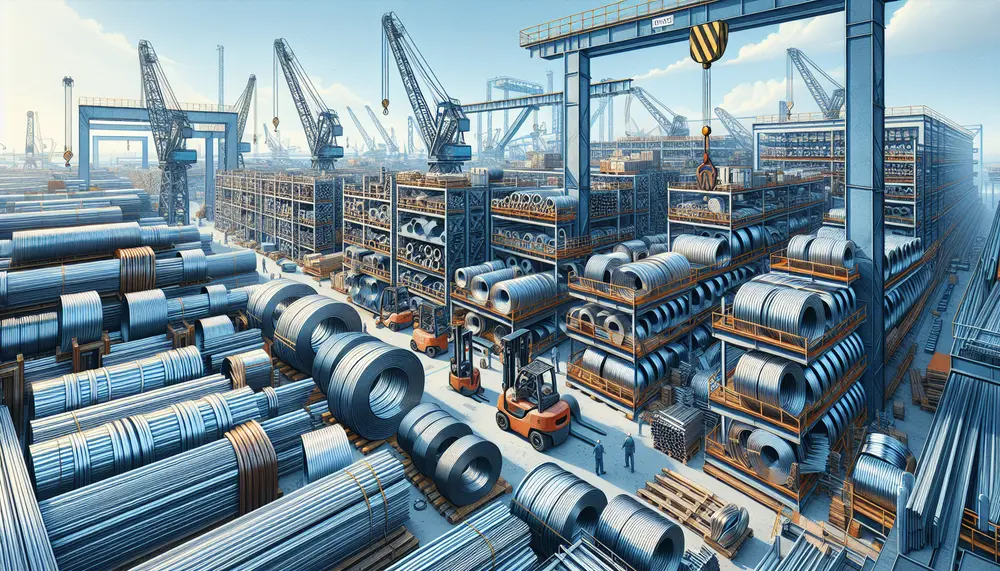
The global steel industry is a critical component of modern infrastructure and economic growth, with production levels indicative of a country's development stage. China dominates the market as the largest producer, while other key nations like Japan, Germany, and India...
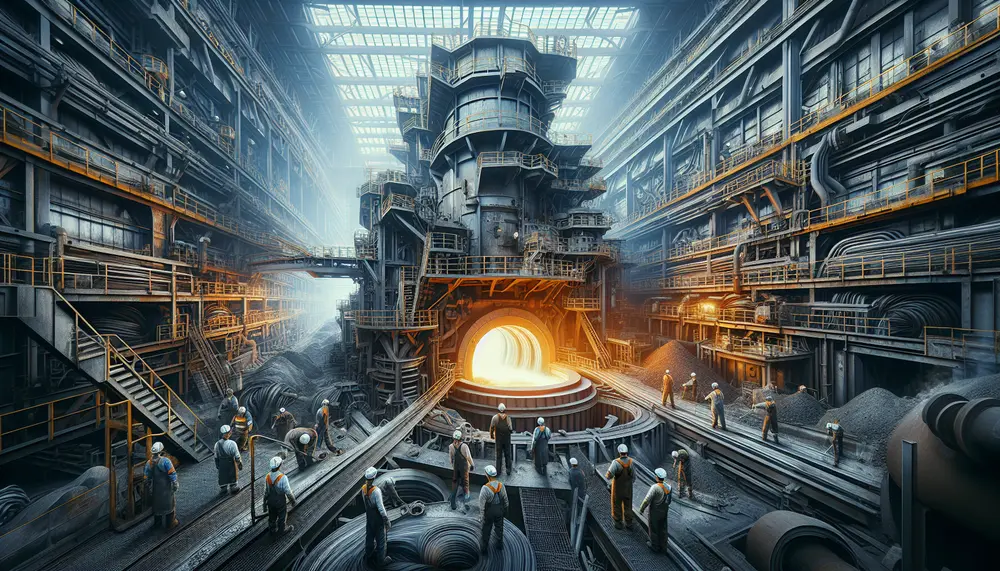
The Open Hearth Process is a traditional steelmaking method that involves converting iron into steel using an open hearth furnace, which allows air to flow over the mixture and facilitates chemical reactions necessary for purification. This process utilizes regenerative heating...
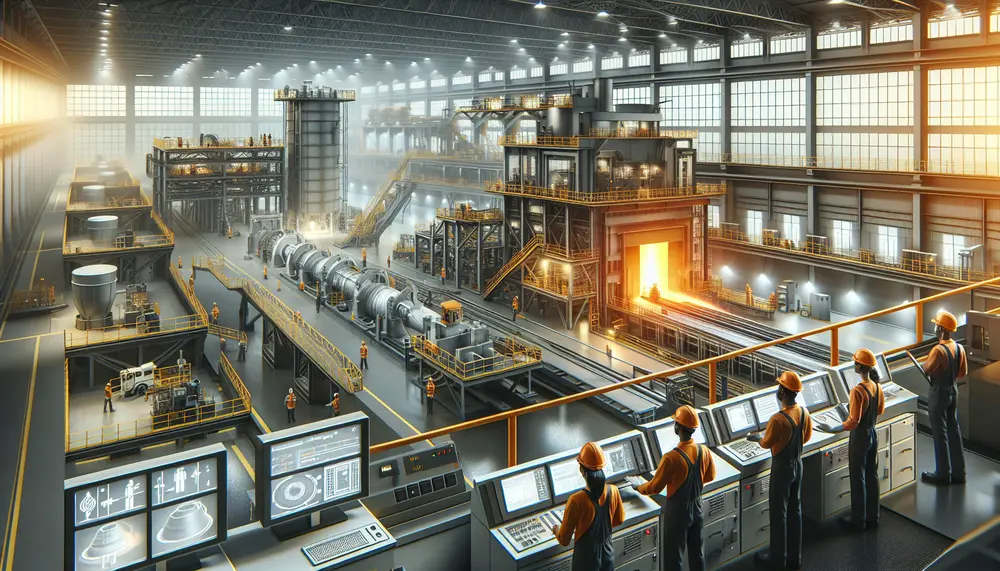
The article explains the importance of understanding a steelmaking flow chart, which outlines each step from raw material preparation to final products, aiding in efficiency and productivity. It details key components like raw materials (iron ore, limestone, coal), primary steps...
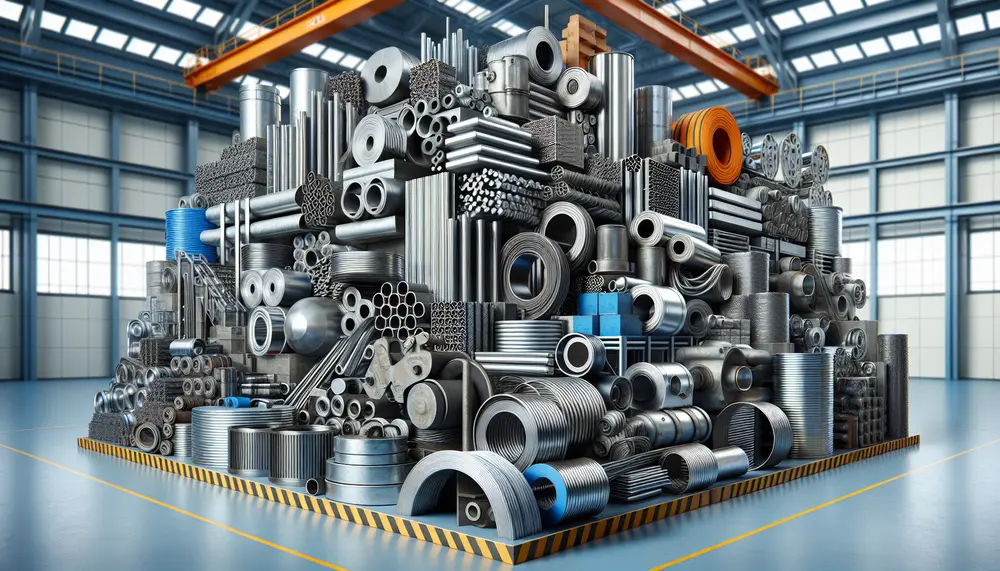
The article provides an in-depth look at the role of steel products across various industries, highlighting their diverse applications and importance. It covers the basics of steel production, compares uses in different sectors, explains differences between hot-rolled and cold-rolled steel,...
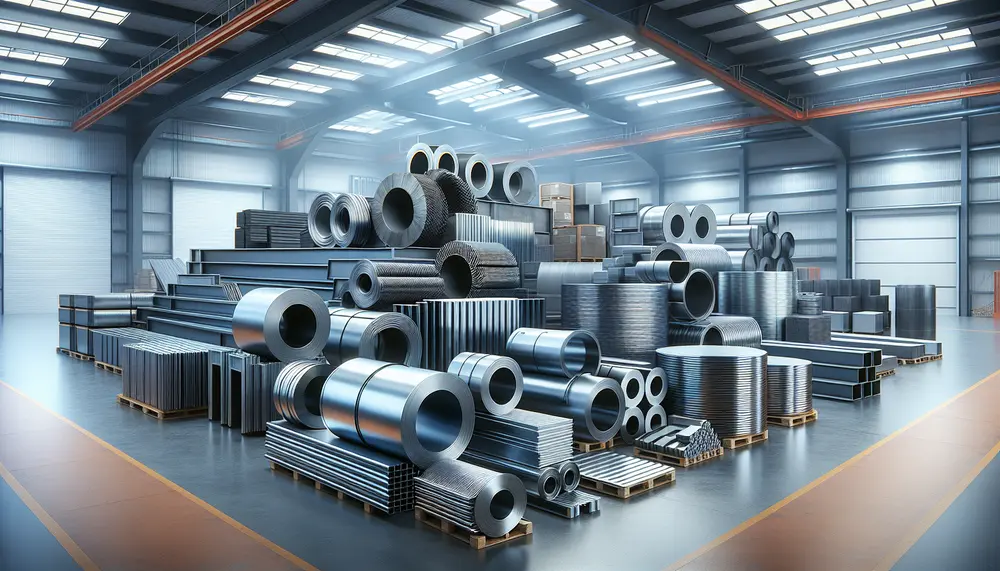
Steel is an iron-carbon alloy with varying carbon content that determines its hardness, ductility, and tensile strength; other elements like chromium can be added to enhance specific properties such as corrosion resistance. Steel products are categorized into four main types:...
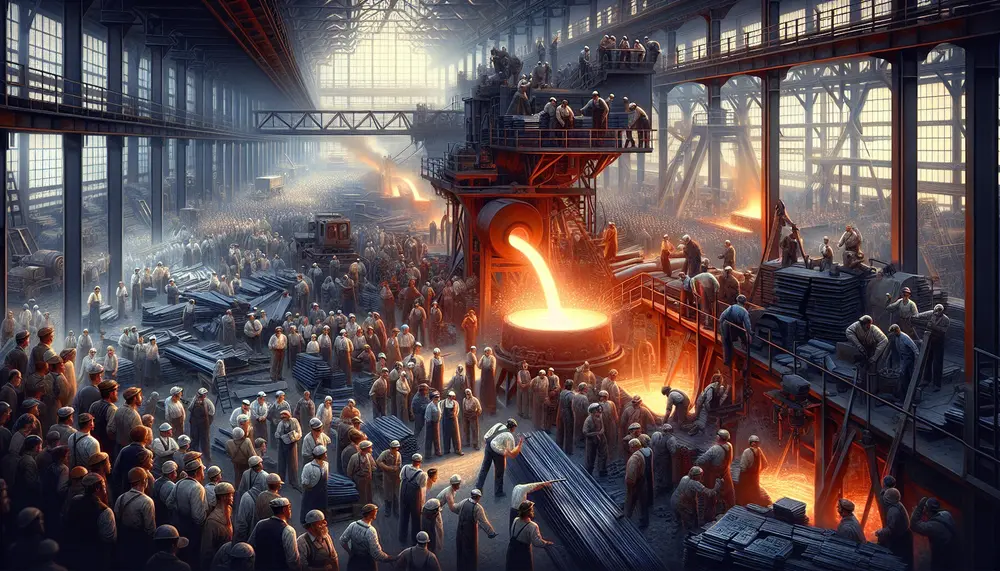
Steel making transforms iron ore into steel using blast furnaces or electric arc furnaces, involving processes like smelting and carbon adjustment to achieve desired properties. The production includes primary methods like Basic Oxygen Steelmaking and Electric Arc Furnace, followed by...
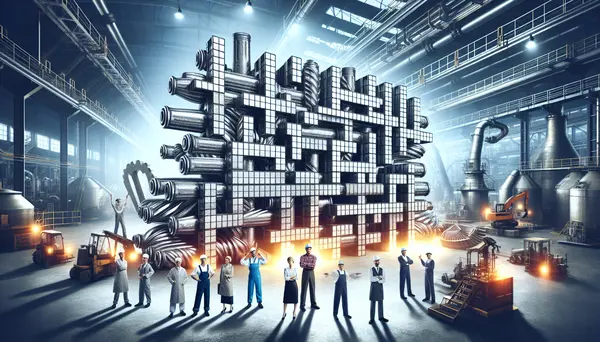
Steel making is a complex process involving the production of steel from iron ore and scrap, where impurities are removed and alloying elements added to create different grades. The process includes two main steps: ironmaking (extracting iron from ore) and...
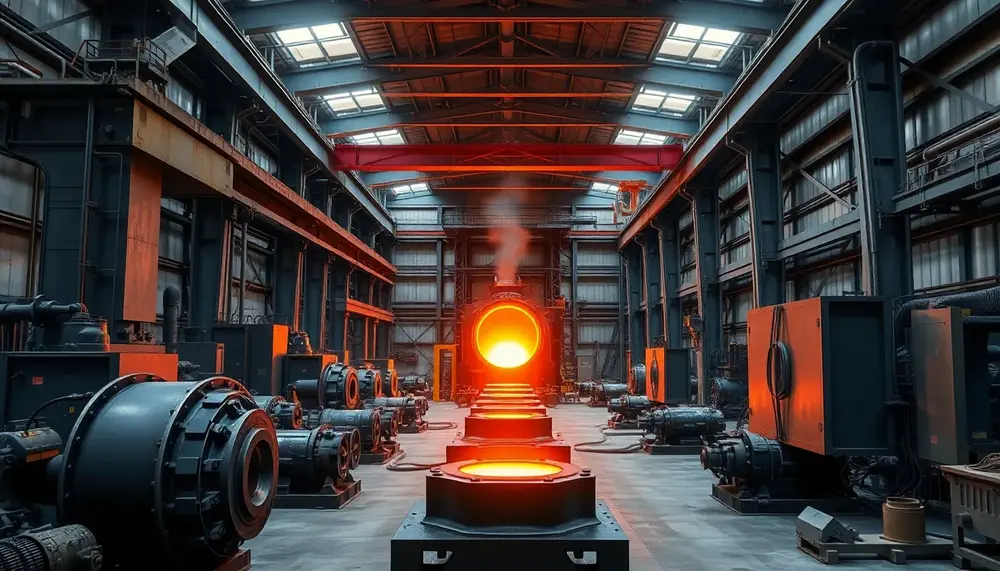
Steel production is a complex process combining traditional methods and modern technology to transform raw materials into versatile, durable products essential for industries like construction, automotive, energy, and consumer goods. Its adaptability ensures steel remains vital in innovation and sustainable...
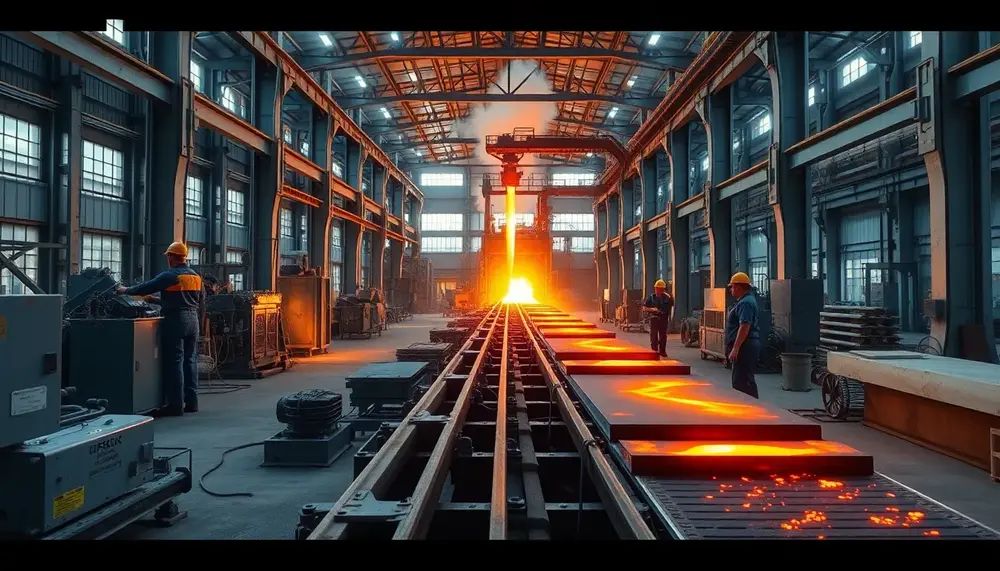
The article emphasizes the importance of visually presenting the steel manufacturing process through engaging PowerPoint slides, breaking down complex steps like raw material preparation and blast furnace operations using diagrams, animations, and concise text to enhance understanding for diverse audiences....
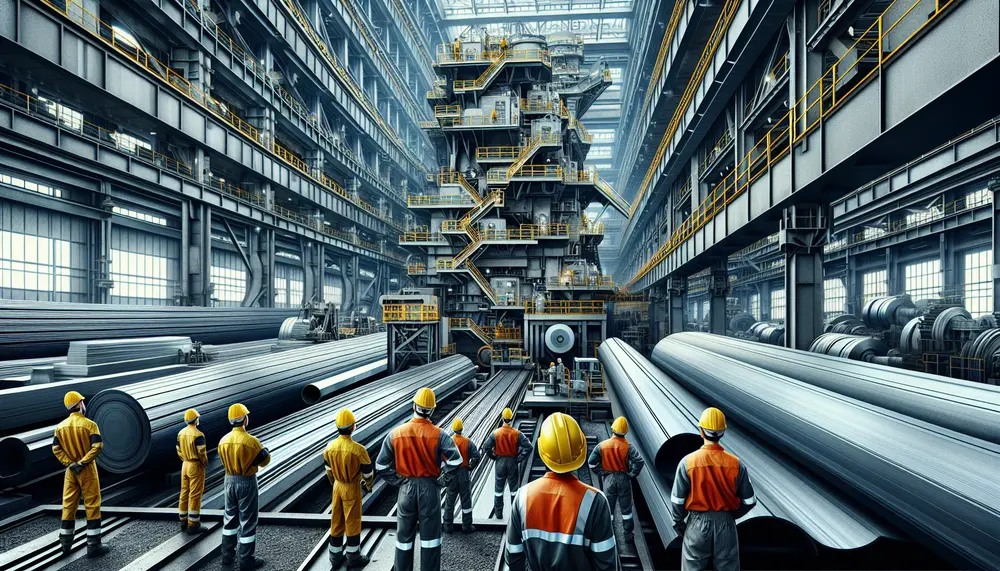
Steelmaking transforms iron ore into steel, involving processes like smelting and primary steelmaking methods such as Basic Oxygen Steelmaking (BOS) or Electric Arc Furnace (EAF), with additives enhancing properties. Understanding these basics aids in mastering industry-specific terminology crucial for various...
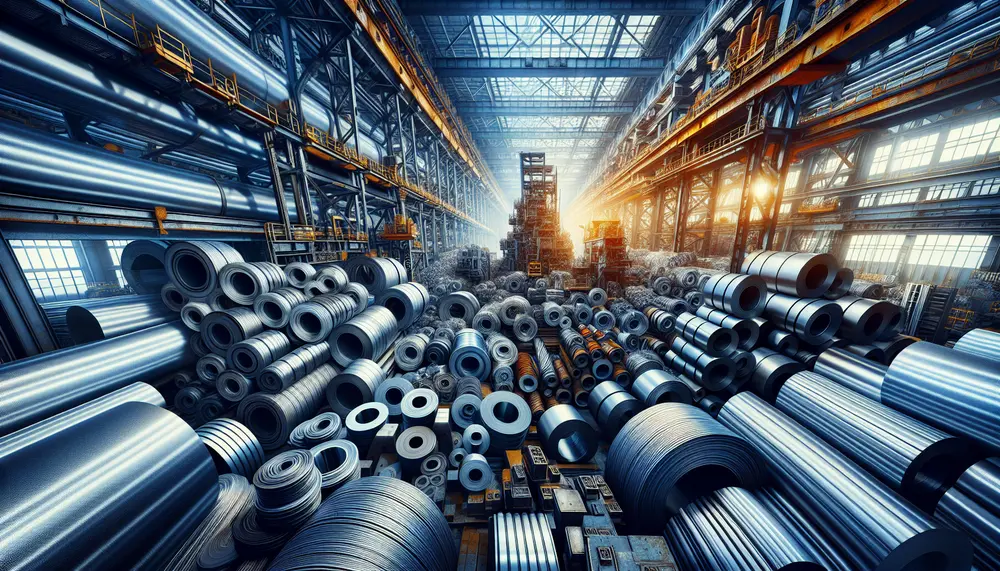
Steel is a versatile material essential to modern industry, with various grades tailored for specific uses from construction to technology. Its key advantages include durability, resistance to extreme conditions, and recyclability, making it integral in innovation and sustainability efforts across...
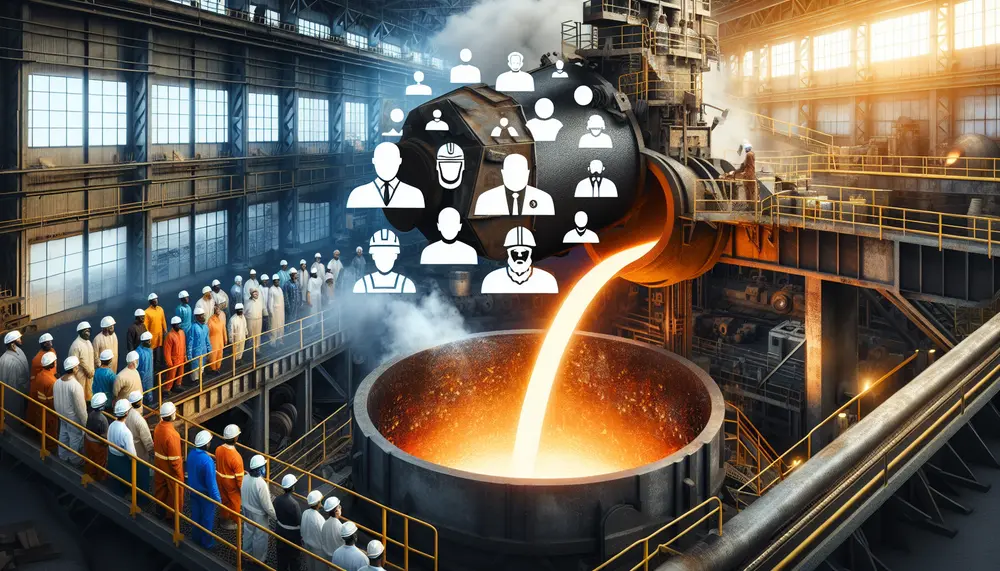
The concept of steelmaking grade is crucial in determining the quality and properties of steel, influencing efficiency, durability, and safety across various industries. Steel grades are classified based on chemical composition and production processes, with advancements in technology and global...
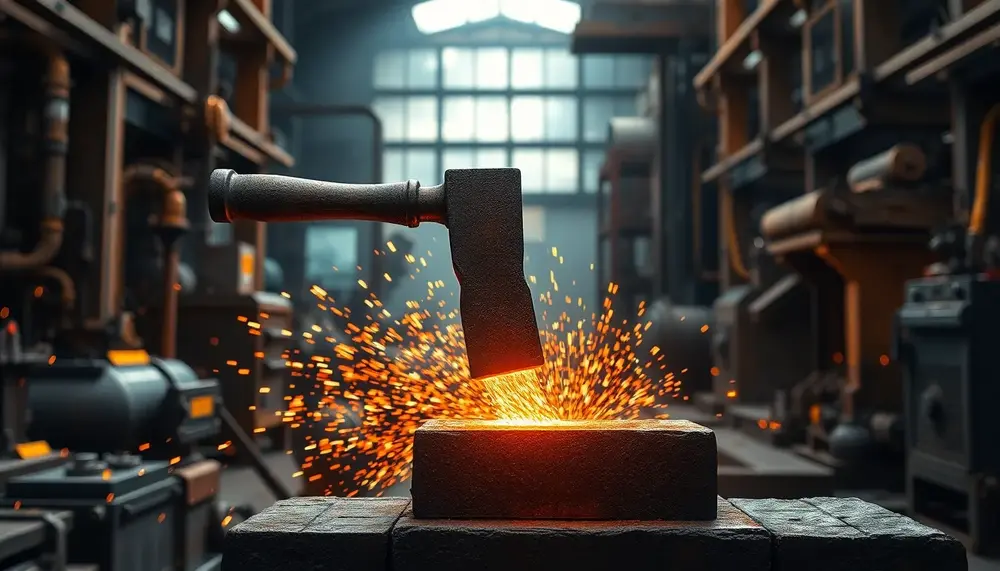
Steel making hammers are essential tools designed for durability, precision, and efficiency in metalworking processes, with various types tailored to specific tasks. Choosing the right hammer type and material ensures enhanced productivity, longevity, and craftsmanship quality in steel forging applications....
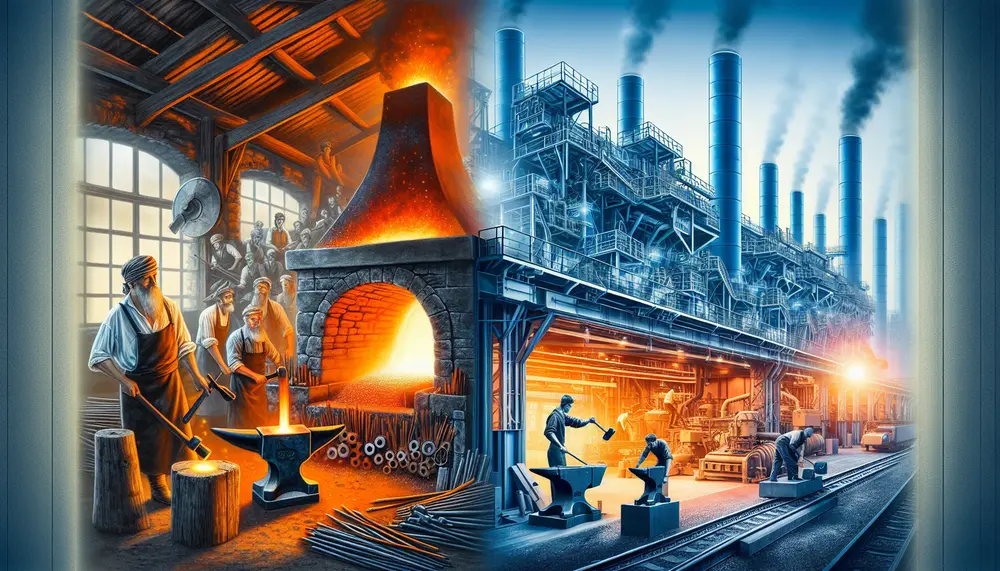
Steel production has evolved from the labor-intensive Open Hearth Process to the efficient Basic Oxygen Steelmaking and Electric Arc Furnaces, reflecting a century of technological advancements that have increased sustainability and reduced environmental impact. These innovations have transformed steelmaking into...

